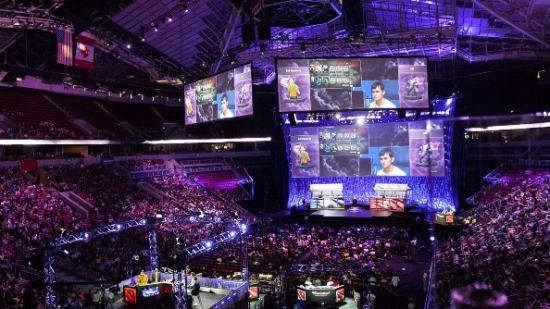“Last year eSports betting ran on the legitimate market at $250 million, which means the illegitimate market probably ran at around $2 billion, possibly more,” reveals Ian Smith, the new commissioner for the eSports Integrity Coalition. “Credible forecasts expect this to grow to a legitimate business of around $23 billion by 2020. This means the grey and black market will be running at around $200 billion or more. At that point eSports becomes interesting to the types of people we really don’t want interested in eSports – primarily organised crime.”
Looking to get into eSports? Get started with one of the PC’s greatest multiplayer games.
Match fixing is a huge opportunity for illegal profiteering, but the eSports industry has done little about it. In response to years of inaction, the eSports Integrity Coalition (ESIC) has been created, seeking to bring some law and order to this unregulated field.
Smith acts as the very first commissioner for ESIC, and comes from an impressive multi-decade background of policing traditional sports. He’s been heavily involved in anti-corruption and anti-doping work in the realms of cricket and athletics, but was recently drawn away from them when offered the chance to work in eSports. “I really like videogames but, in reality, at a professional level this was the best offer of a challenge that I’d ever had,” he reveals.
As commissioner, it’s Smith’s job to devise and implement a code of conduct to be used at eSports tournaments. It’s a challenge he’s taken to with great enjoyment: “I had an amazing opportunity to draft something from scratch that I liked,” he explains, noting that in physical sports there’s a century of tradition dictating what you can do. “To be able to have a blank sheet of paper is a privilege, it’s phenomenally rare.”
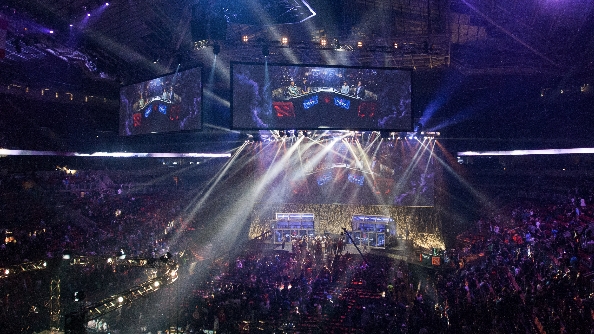
That blank sheet of paper is now covered with Smith’s words and referred to as ‘The Program’. It’s comprised of three components, the cornerstone of which is the anti-corruption code. This is sighted on preventing illegal betting operations, which in turn will help combat organised crime making profit from it, as well as any other undesirable side effects.
(The gaming scene is, of course, no stranger to all kinds of betting scams, the most recent of which saw YouTubers ProSyndicate and TmarTn exposed as the owners of CSGOLotto; a Counter-Strike skins betting website that they were promoting in their videos without disclosing their ownership of.)
ESIC’s Program focuses on sporting tournaments by binding players to a strict ruleset. “It sets out a range of regulations that the members, primarily the tournament organisers, can put in place to create a foundation of rules and procedures that can apply to the participants,” Smith reveals. “Those rules will say you are bound by the anti-corruption code and that basically says you can’t bet on your sport, you can’t match-fix, you can’t spot-fix, you can’t abuse inside information, and so on.”
Should a tournament organiser decide to work with ESIC and make The Program part of their rules, Smith and his team are able to prosecute if anyone is found breaking the code. “We monitor the betting market in real-time as it develops. If suspicious bets are placed we receive an alert, I then deal with that alert,” he explains. “If the investigation shows there’s a case to answer, then we prosecute under the code.”
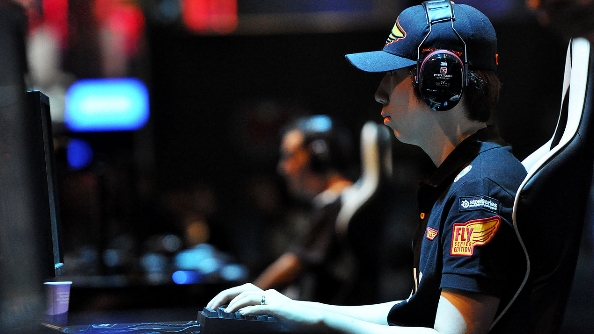
ESIC are working with bookmakers and data company Sportradar in order to monitor the eSports market, ensuring that they have eyes in as many places as possible. With this wide net cast, the Coalition are in a good position to start making real progress in tackling corruption.
Of course, for The Program to work, tournament organisations like ESL have to sign up and make it part of their rules. ESIC have no mandate to enforce the code on every competition, and so it’s up to organisers to pursue ‘the right thing’. There is, however, another element that should make anti-corruption very appealing to eSport companies: huge sponsorship potential.
“From a sponsorship point of view, the numbers would indicate eSports ought to have around 30-40% non-endemic (non-industry) sponsorship,” says Smith, “but in fact it runs at less than 5%. And there’s a reason for that. In the nicest possible way, eSports is the Wild West. There’s no central co-ordination, organisation, or governance of any kind.”
Over the years, big names like Coca-Cola and McDonald’s have placed their names on sports that have been caught up in major corruption issues, such as last year’s FIFA scandal. “It’s made brands very cautious about associating with something, and eSport is considered high risk,” reveals Smith. “That was the impetus for doing the risk assessment, and my recommendations which led to the formation of ESIC.”
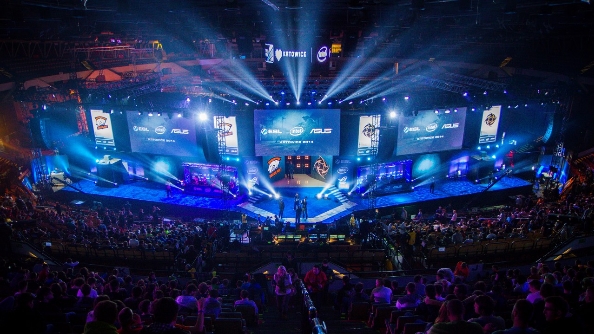
Money, of course, is a very clear language, and if the potential to gain Coca-Cola-grade money is there, it’s not difficult to envision organisers adopting the ESIC code. But beyond the anti-corruption code, there are other sections to The Program that are useful for tournament organisations.
The Code of Conduct focuses on cheating and behaviour, and is aimed at “professionalising” eSports. “Abuse of equipment at tournaments, smashing your keyboard, abusing admins, refusing to obey requests from the media people” as well as cheating are all banned under the code. Alongside this is an anti-doping policy, which ESIC has inherited from ESL. This tests for a variety of prohibited substances, and those found using performance-enhancing drugs can be punished.
Combined with the anti-corruption code, that completes the three sections of the ESIC Program. For organisations who want to participate though, only the anti-corruption code is mandatory. “Members can impose the code of conduct on participants, or they can impose part of it. They might like one part of it but not like another bit. That’s up to them,” says Smith. “And similarly, they can choose to do anti-doping or not at this stage.”
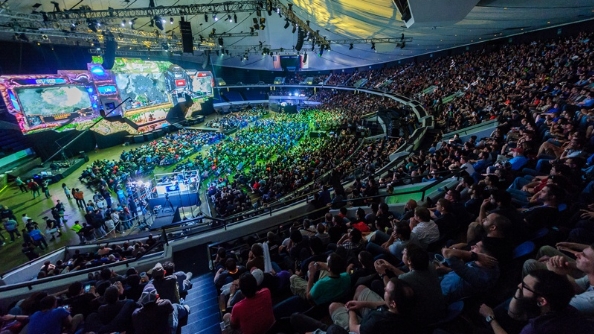
ESIC currently sees anti-corruption as the key area to tackle, and that’s understandable: betting fraud is a criminal issue with potentially far-reaching implications. The eSports industry has a duty to stamp it out. While Smith would like to see tournaments reach a point where everyone uses the code of conduct and anti-doping policy, it’s clear that combating corruption is the most important issue, hence why it’s the only mandatory element of The Program.
At present ESIC is in talks with many key industry players. “I’m still in the process with some tournament organisers of persuading them,” Smith says, but major companies like ESL are already on board. He believes that the policy isn’t a difficult sell though: “Firstly it’s the right thing to do. And secondly there’s a good commercial reason for doing it. I hope we have a compelling proposition here.”
